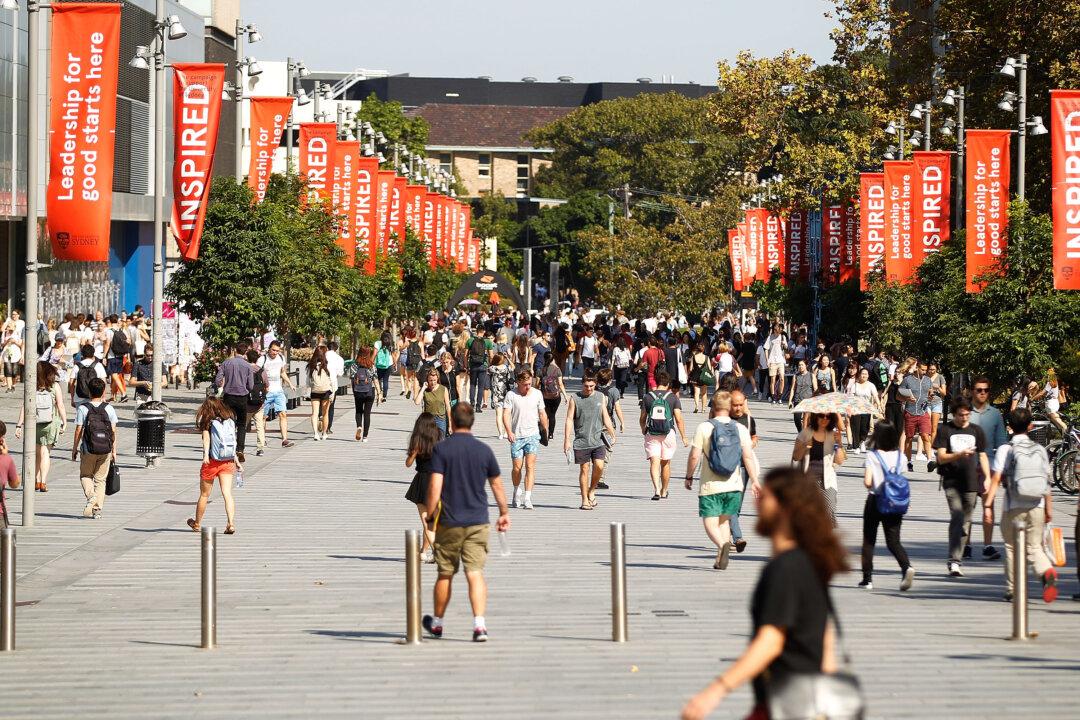University vice-chancellors in Australia are paid large salaries, but results are better than those of overseas counterparts.
That’s the conclusion of a study by the Australia Institute, which compared local universities against those in the Nordic countries (Denmark, Finland, Iceland, Norway and Sweden).





